Directory
- Share
Ben (Charles) Strauber
- Alumni
- United States
- 2010 MPhil Education
- St John's College
Ben (Charles) Strauber
- Alumni
- United States
- 2010 MPhil Education
- St John's College
Interested in language, culture, and fostering connection, I research these as a PhD student at Stanford University. I also make language-focused t-shirts intended to spur conversations!
Kevin Street
- Alumni
- Zambia
- 2009 MAST Engineering
- Selwyn College

Kevin Street
- Alumni
- Zambia
- 2009 MAST Engineering
- Selwyn College
I am currently undertaking an MPhil in Engineering which aims to model the effect of communication quality on design process performance and to establish potential applications, such as improvements in manufacturing. I believe this research course will be invaluable in the engineering industry, where I aspire to be an integral part.
Otilia Stretcu
- Alumni
- Romania
- 2014 Mphil Advanced Computer Science
- Lucy Cavendish College
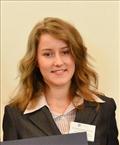
Otilia Stretcu
- Alumni
- Romania
- 2014 Mphil Advanced Computer Science
- Lucy Cavendish College
I am a Research Scientist at Google AI in Mountain View, California, working on machine learning research.
Previously, I was a PhD student in the Machine Learning Department at Carnegie Mellon University. My PhD research focused on developing algorithms for machine learning, mainly focused on semi-supervised learning, curriculum learning, multitask learning, and graph-based problems. I am also passionate about applying machine learning methods in neuroscience, in order to study how the brain understands language and controls speech.
Before I joined CMU, I graduated with an M.Phil. in Advanced Computer Science from the University of Cambridge, UK. In my Master's thesis I used Machine Learning methods to detect and align chromosomes in microscope images, advised by Prof. Pietro Lió.
Previous Education
Polytechnic University of Timisoara BSc in Computer Science 2014
Links
https://otiliastr.github.io
https://www.facebook.com/otilia.stretcu
https://www.linkedin.com/in/otiliastr
Philip Strik
- Alumni
- Netherlands
- 2008 PhD Law
- Sidney Sussex College

Philip Strik
- Alumni
- Netherlands
- 2008 PhD Law
- Sidney Sussex College
Having finished grammar school at an early age, I took up the challenge of exploring some of the wide-ranging interests that I have. I have completed degrees in Philosophy, Political Science and Italian, in Leiden and Paris. I have since focused my studies on European law and international economic relations, obtaining an LLM in European Law at Leiden and completing an MPhil in International Relations at Oxford, where my main focus has been the external economic relations of the European Union. For my PhD in Law I have looked at the progressive shaping of the Single European Market in the field of foreign direct investment. This relatively understudied area of the European economic constitution has a major bearing on the international regulation of FDI, both within the Union and in the relations of the European Union with third countries.
Garth Strohbehn
- Alumni
- United States
- 2008 MPhil Medical Sciences(Clinical Biochemistry)
- St Edmund's College
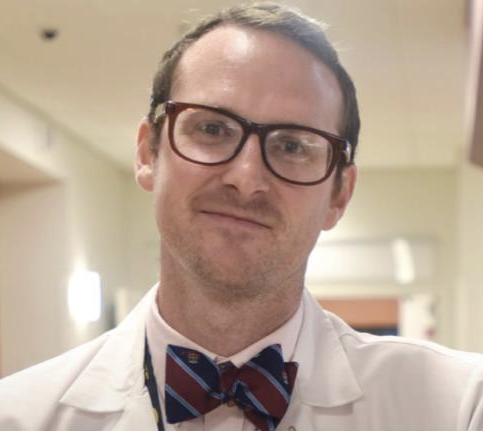
Garth Strohbehn
- Alumni
- United States
- 2008 MPhil Medical Sciences(Clinical Biochemistry)
- St Edmund's College
Medical oncologist, health economist, and health services researcher at the University of Michigan and the Veterans Affairs Center for Clinical Management and Research.
My work centers on the intersections of of novel drug dosing regimens, clinical trial methodologies, and health economics -- All in an effort to enhance outcomes, reduce the economic burdens of treatment, and increase access to drugs for individuals with cancer, all while achieving financial sustainability of the healthcare system.
Previous Education
University of Iowa Chemistry, BA, Biochemistry, BS 2008
Allison Strom
- Alumni
- United States
- 2010 MPhil Physics (Astronomy)
- Churchill College
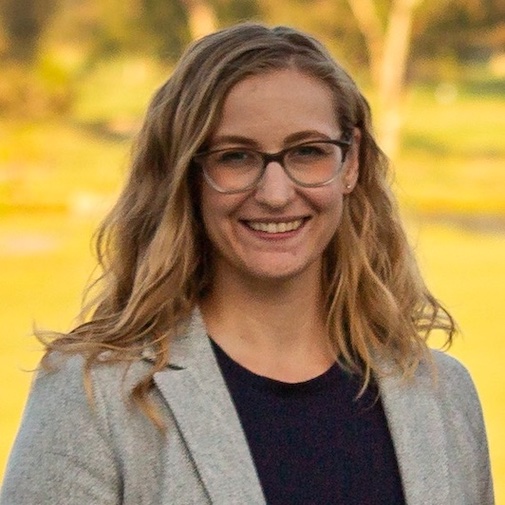
Allison Strom
- Alumni
- United States
- 2010 MPhil Physics (Astronomy)
- Churchill College
Parvathi Subbiah
- Alumni
- United States
- 2016 PhD Latin American Studies
- Clare College
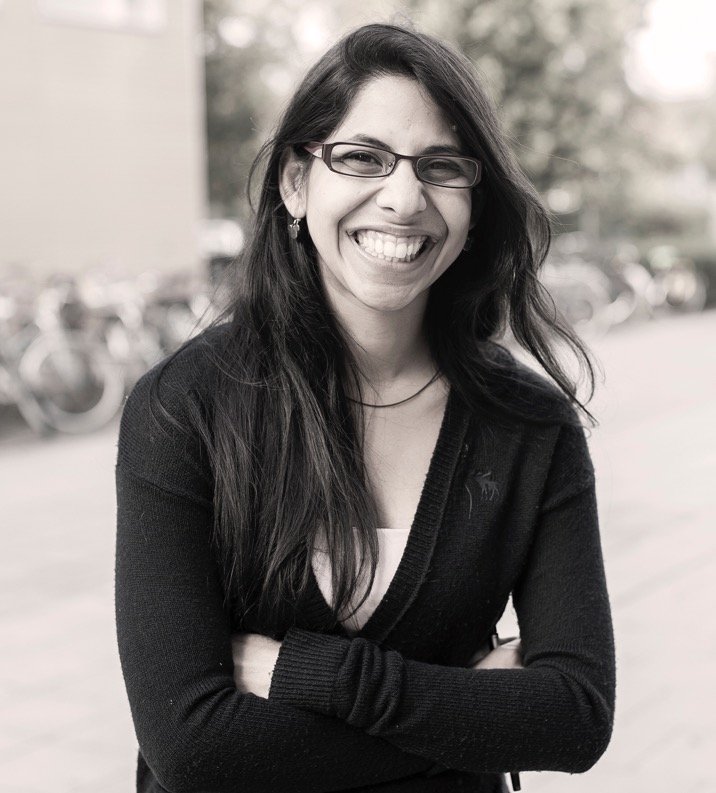
Parvathi Subbiah
- Alumni
- United States
- 2016 PhD Latin American Studies
- Clare College
Previous Education
University of Southern California
University of Cambridge
Krishnan Subrahmanian
- Alumni
- United States
- 2006 MPhil Education
- Fitzwilliam College
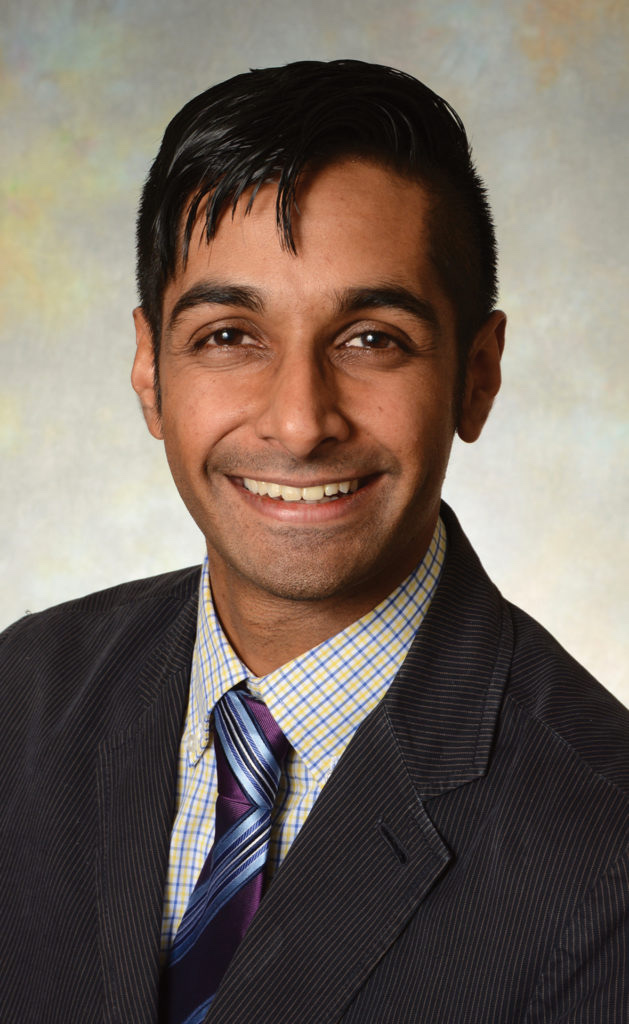
Krishnan Subrahmanian
- Alumni
- United States
- 2006 MPhil Education
- Fitzwilliam College
Pediatrician, father and husband.
Varun Subramaniam
- Scholar
- United States
- 2025 PhD Psychiatry
- Darwin College
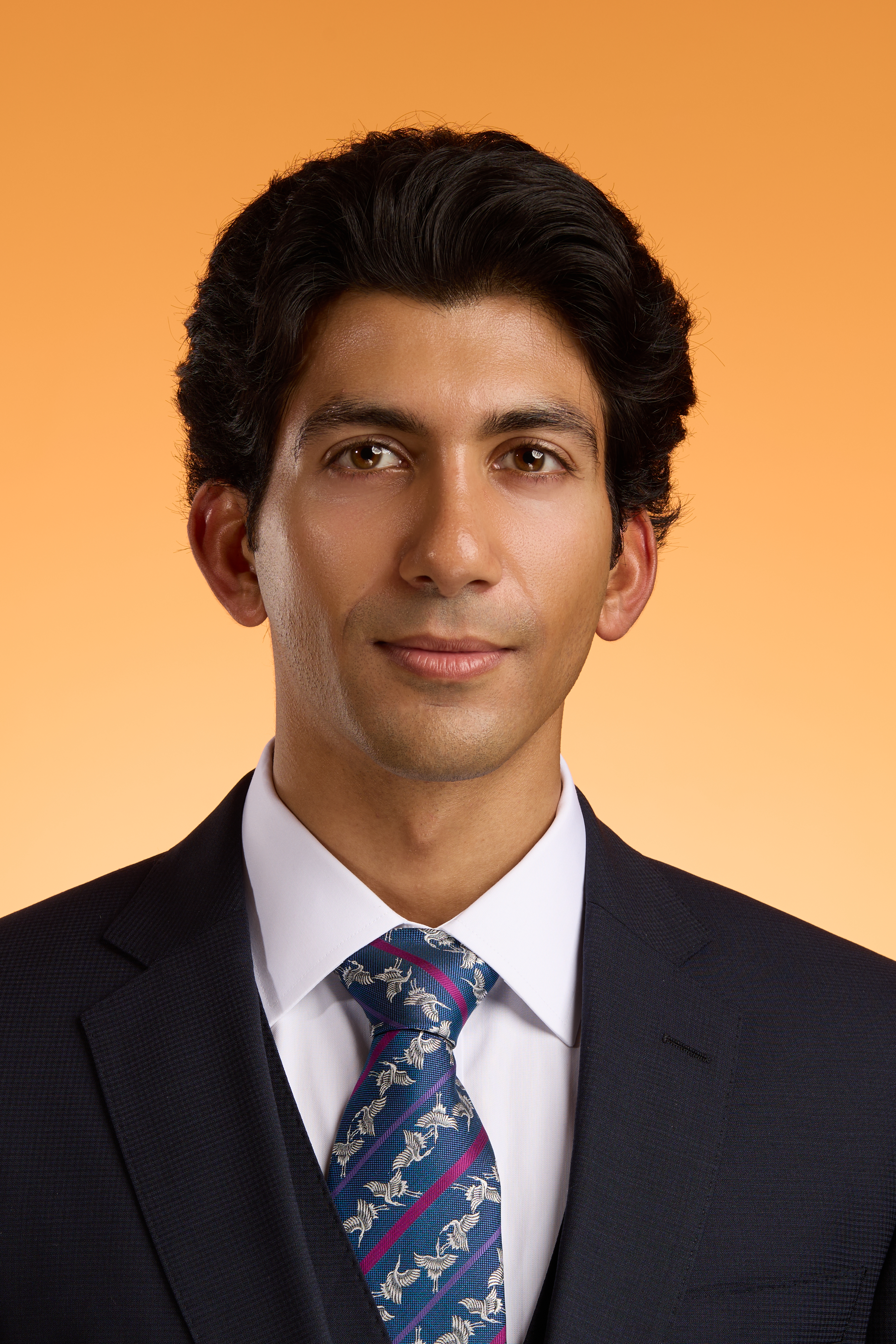
Varun Subramaniam
- Scholar
- United States
- 2025 PhD Psychiatry
- Darwin College
I am a medical student at the Icahn School of Medicine at Mount Sinai specializing in functional neurosurgery for psychiatric disorders. Within Sinai’s Center for Advanced Circuit Therapeutics (C-ACT), my research explores neuromodulation at the molecular, circuit, and clinical levels. As a Gates Cambridge Scholar, I will work with Professor Valerie Voon to identify neural biomarkers of compulsivity—a transdiagnostic trait underlying conditions such as OCD, substance-use, and eating disorders—using high-fidelity recordings from the live human brain. These biomarkers could inform novel neuromodulation targets, advancing precision treatments for compulsivity-driven disorders.
Previous Education
Stanford University Computational Biology
Icahn School of Medicine at Mount Sinai Medicine
Reetika Subramanian
- Alumni
- India
- 2019 PhD Multi-disciplinary Gender Studies
- Queens' College
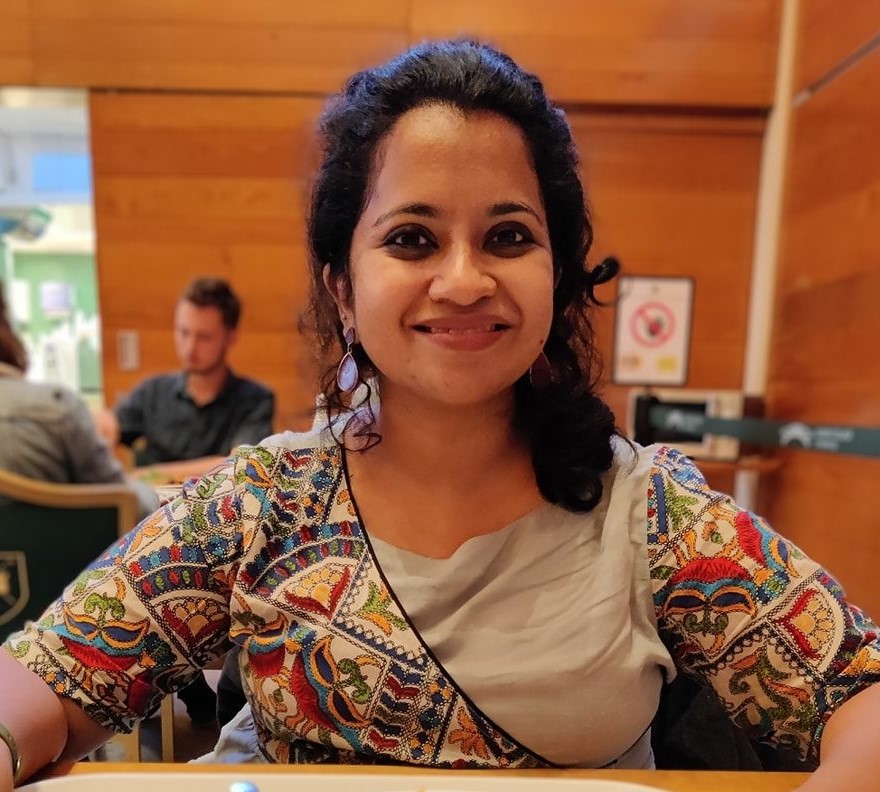
Reetika Subramanian
- Alumni
- India
- 2019 PhD Multi-disciplinary Gender Studies
- Queens' College
Early marriage and bridal trafficking in Rajasthan, sexual violence in Mumbai, female circumcision among Dawoodi Bohras: my experiences as a journalist and researcher have exposed me to diverse geographies, socio-economic realities and cultural prejudices that young women across India face. Home, however, is the place where I first found my bearings. As a survivor of domestic violence, my feminism got defined by my mother's everyday negotiations within the structures that cultivate and normalise the culture of silence. It drove me to challenge patriarchal notions of leadership and become sensitive to differences. Gender became a way of seeing the world. Backed by my rich field insights, multimedia skills and a feminist consciousness, I am excited to return to Cambridge to pursue my PhD as a Gates Cambridge scholar. My study straddles the areas of climate justice and gender equality. In India's historically drought-prone and caste-ridden Marathwada region, I seek to combine a multi-sited feminist ethnography with an informed interpretation of oral folk poetry, to understand the historical compulsions, lived experiences and gendered labour burdens of Dalit and Adivasi girls in a climate crisis. My fundamental interest in pursuing the project stems from my yearning to reconcile collaborative storytelling with pressing marginalised realities.
Previous Education
University of Cambridge Multi-disciplinary Gender Stud 2017
Tata Institute of Social Sciences Media and Cultural Studies 2015
Sathish Subramanian
- Alumni
- India
- 2008 MPhil Biological Science
- Darwin College
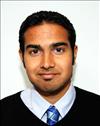
Sathish Subramanian
- Alumni
- India
- 2008 MPhil Biological Science
- Darwin College
My particular interest is in studying infectious diseases afflicting communities in low-income countries and thereby engineering novel ways to counter them. Malaria is an unrelenting disease in Zambia, as it is in many other countries of the sub-Sahara. Based at the Wellcome Trust Sanger Institute, I will use the latest life science research methodologies at large scale to study the pathways utilized by the wily malaria parasite to invade human erythrocytes. This approach may uncover specific invasion molecules associated with severe clinical malaria, potentially important candidates for future vaccine or drug development. I look forward to being a part of this eclectic community of scholars and honing my skills as a scientist under the mentorship of leading malaria researchers at the Sanger.
Previous Education
University of Pennsylvania BA (Biochemistry & Biology), MSc (Chemistry) 2008
Paula Suchantke
- Scholar
- Germany
- 2024 PhD Polar Studies
- Newnham College
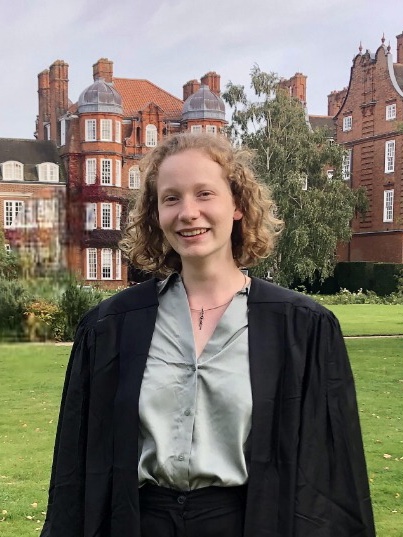
Paula Suchantke
- Scholar
- Germany
- 2024 PhD Polar Studies
- Newnham College
During my undergraduate degree in Geography at Cambridge I became fascinated with glaciology, leading me to pursue an MPhil degree in Polar Studies at the Scott Polar Research Institute. My research interests have gradually become focussed on Antarctic ice shelves – the floating extensions of outlet glaciers that restrain the discharge of glacial ice into the ocean. Under increasing atmospheric temperatures vast meltwater systems are likely to become more prevalent across ice shelves in Antarctica, which poses a threat to their stability as water provides a powerful mechanism of driving fractures through the ice. In my doctoral research, I will continue to focus on the stability of ice shelves in Antarctica. Using remote sensing and machine learning techniques I will set out to produce a continent-wide, three-dimensional dataset of meltwater storage and potential flow pathways on Antarctic ice shelves. In this way, I endeavour to further our understanding of the sensitivity of the Antarctic ice sheet to anthropogenic climate change and thereby hope to contribute to a growing body of scientific literature that informs policymaking in a time of environmental crisis.
Previous Education
University of Cambridge Polar Studies 2024
University of Cambridge Geography 2022
Samuel Sudar
- Alumni
- United States
- 2009 MPhil Veterinary Science
- St John's College
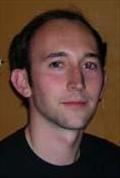
Samuel Sudar
- Alumni
- United States
- 2009 MPhil Veterinary Science
- St John's College
After growing up in a mill town in Washington State, I attended the University of Washington in Seattle. There I took a smattering of courses, from Latin to photography, and spent my first two years as a classical guitar major. I ended up graduating with degrees in English, Philosophy, and Neurobiology. After graduation, I spent last year abroad on a Bonderman Travel Fellowship. This was an amazing experience. It took me from South America, 2400 meters high at a New Year's Eve rave in the Valley of the Dead, to diving 20 meters deep in a tropical ocean with nothing but a snorkel. I was able to spend time in the metropolis of Tokyo as well as a night with Chinese monks in a Zen temple. At Cambridge I am pursuing my interest in neurobiology, studying stem cells and remyelination in an effort to repair the spinal cord after injury and disease.
Mustakim Sulaiman
- Alumni
- Nigeria
- 2020 MPhil Archaeological Science
- St Edmund's College
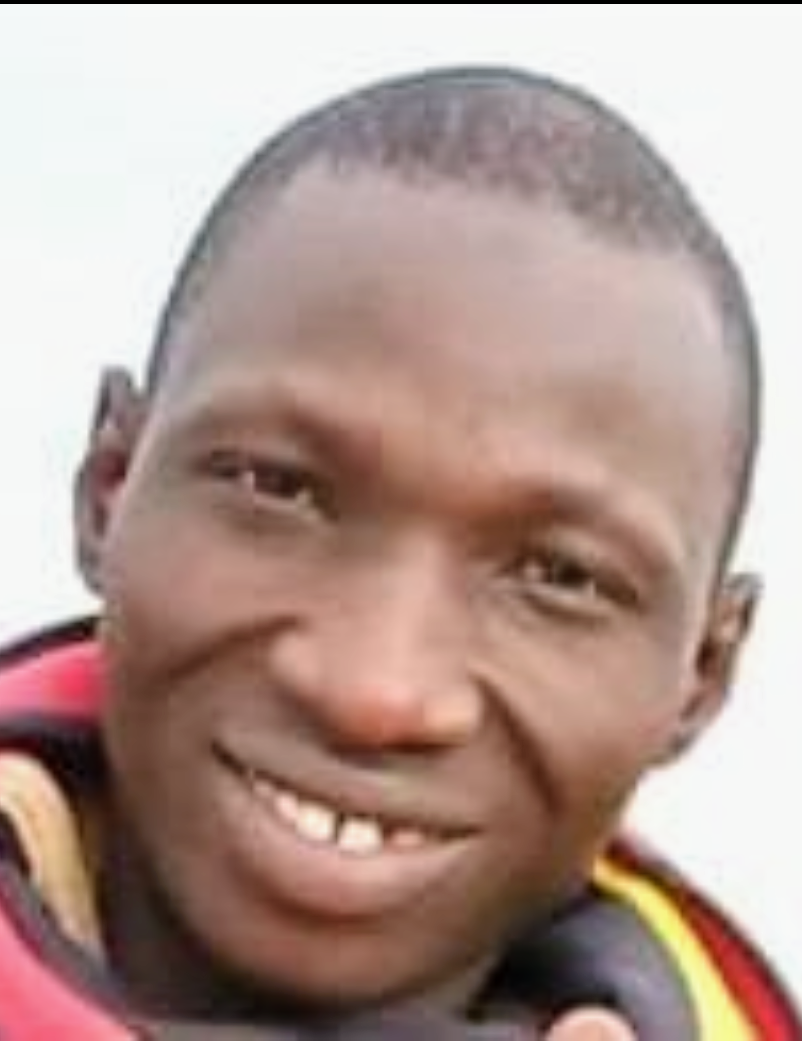
Mustakim Sulaiman
- Alumni
- Nigeria
- 2020 MPhil Archaeological Science
- St Edmund's College
I was born and raised in Nigeria. I first attended Federal College of Education, Kano (an advanced teachers training collage), where I earned an advanced level certificate in two majors i.e., Geography and English language. I later proceeded to Ahmadu Bello University, Zaria, where I completed a BA in Archaeology. It was out of the previous A-level knowledge in Geography and fieldwork experiences that I developed an interest in Paleo-Environmental Studies, specifically the life-histories of landscape and the connections between past human societies and physical landscapes in Nigeria. I have been researching on how past societies in Northern Nigeria utilized the geo-environmental provisions around them and my immediate goal is to develop a career in that direction; because I believed that a proper understanding of past environmental and social systems is invaluable to how we approach and solve contemporary social and environmental problems. I hope to collaborate with the Cambridge community members and other Scholars to promote education and research and to achieve my long-term goals of advancing my country's knowledge of its centuries old diverse history. I am greatly honoured to be part of the Gates Cambridge community.
Previous Education
Ahmadu Bello University Archaeology 2014
Federica Sulas
- Alumni
- Italy
- 2005 PhD Archaeology
- Gonville and Caius College
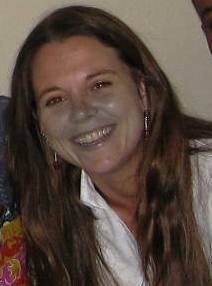
Federica Sulas
- Alumni
- Italy
- 2005 PhD Archaeology
- Gonville and Caius College
I intend to pursue a PhD in Geoarchaeology. My goal is to investigate the landscape history of the Aksum region, northern Ethiopia, and to examine the human-environment relationship through a long-term perspective. I see my research placed within a broader trend which explicitly aims to contribute through the archaeological data to help inform contemporary debates regarding risk assessment and sustainable development in Africa.
Jillian Sullivan
- Alumni
- United States
- 2007 PhD Developmental Psychiatry
- Girton College
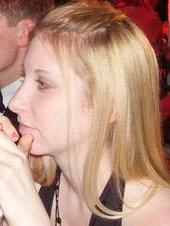
Jillian Sullivan
- Alumni
- United States
- 2007 PhD Developmental Psychiatry
- Girton College
I first became interested in the mystery of autism while researching my undergraduate dissertation at Royal Holloway and decided to apply for a PhD to answer some of the questions that my dissertation raised after a year of work experience in London on developmental disorders. I was born in the USA (Seattle), grew up mainly in Colorado, and moved to England with my family when I was 15.
Luning Sun
- Alumni
- China
- 2010 PhD Social & Developmental Psychology
- Downing College
Luning Sun
- Alumni
- China
- 2010 PhD Social & Developmental Psychology
- Downing College
My name is Luning Sun. Lu and Ning stand for the two provinces where my parents come from. I was born in Qingdao, China, a beautiful city along the coast. I stayed in a boarding school for three years, before I was admitted into Chuko Chen Honors College, Zhejiang University. I spent one semester as an exchange student in Germany, and I enjoyed my time there very much. I furthered my study in Munich after college, where I worked as a research assistant at a psychiatric hospital and got involved in various research projects, including both clinical studies on patients and behavioral experiments with normal participants. Based on my interests in psychological testing, I applied for a PhD position at the Psychometrics Center, Cambridge. Fortunately, I got the offer together with the Gates Cambridge Trust. Now I am working as a research associate, working on the ICAR project. I am interested in test development for educational, occupational as well as clinical assessment.
Previous Education
Ludwig-Maximilians-Universität
Peter Sutoris
- Alumni
- Slovakia
- 2015 PhD Education
- Clare Hall
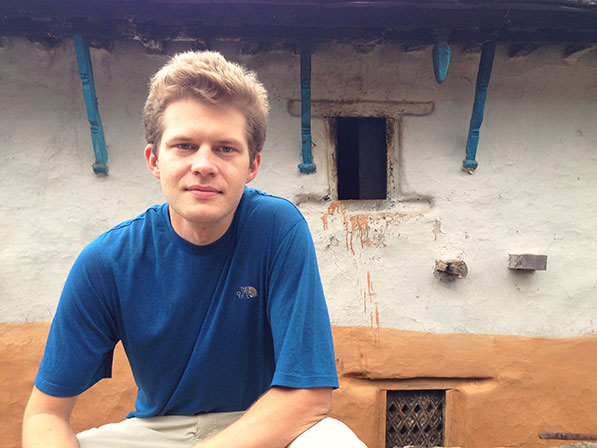
Peter Sutoris
- Alumni
- Slovakia
- 2015 PhD Education
- Clare Hall
Peter graduated with a degree in History from Dartmouth College in 2012. Originally from Slovakia, he has lived and worked in South Asia, the Pacific, the Middle East and in the Balkans. He is the author of 'Visions of Development,' an upcoming monograph on the portrayal of themes of development in documentary films made by the Government of India, as well as 'The Undiscovered Country,' a documentary film on challenges to public education in the Marshall Islands. He has worked with Youth Bridge Global, an organization aiming to bridge ethnic divides in Bosnia and Herzegovina through theater, The Learning Center of Kathmandu, a grassroots NGO in Nepal, and PharmaSecure, a public health social enterprise in New Delhi. Much of Peter's research and professional work revolves around the link between education and international development, and he is excited to join Cambridge's Faculty of Education to pursue this interest further.
Previous Education
Dartmouth College








